Forever 15 — Part 3: It really ruins you
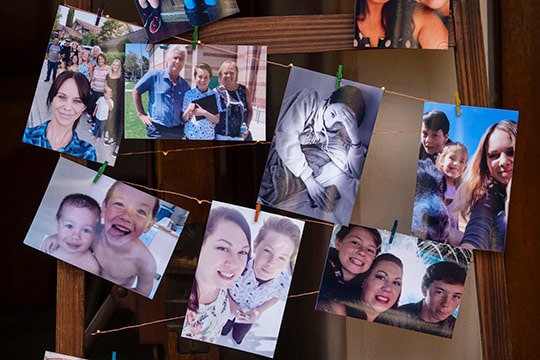
by Mick Rhodes | mickrhodes@claremont-courier.com
Claremont’s Bob Forrest has counseled hundreds of addicts and users of the incredibly powerful synthetic opioid drug fentanyl over the past five years.
“They’re seeking out this experience,” said Mr. Forrest, a renowned addiction counselor. “So, if you look at, though he was a little older, [the late musician] Mac Miller, when they published his text messages back and forth between his drug dealer, it was fascinating, because he’s saying, ‘Yes, I do like the Xanax, fentanyl laced Xanax, but I don’t want them tonight.’ And it’s almost like they’re trying to change their feeling state, their anxiety state, their depression state, their perception state of mind, in this kind of almost like alchemist kind of way.”
Addicts are looking to duplicate the euphoric, joyous hits of dopamine that occur naturally when one gets a promotion, has an orgasm, wins a race, or falls in love. They’re also after a facsimile of the mellowing effect of endorphins, which the brain releases to help diffuse tense situations and prevent violent behavior, Mr. Forrest said.
That chase is what addiction is all about.
“When I did those drugs for the first time, it felt like nothing was there,” said Gabby, a 20-year-old recovering fentanyl addict from Claremont. “Like, I had no issues, no problems. It was like a warm blanket. It was a euphoric feeling. But pretty soon that euphoric feeling goes away. And you have to use then, just to feel normal. Because after you do that, your dopamine goes up so high that it’s 10 times worse for you when you stop. And you have to restart this whole thing again. It’s the best feeling. But then that feeling goes away so fast, because of how horrible this drug is.
“It really ruins you.”
Five years ago synthetic fentanyl was a secondary option among street opioid users, who at the time preferred heroin. It has since become the leading cause of opioid related deaths in America.
“But now, to my like, recent uses, you can get it anywhere,” Gabby said. “It’s the easiest thing to find. Everyone I feel like knows a person who sells it or knows someone who’s doing it.”
The drug is both potent and highly addictive.
“Here’s the problem with fentanyl: it doesn’t go away,” Mr. Forrest said. “The person doesn’t do fentanyl yesterday, and then decide, ‘Oh I’m not going to do it today.’ They’re going to do it unto death or to recovery. Because it feels so good. It’s beyond the world of worry. Imagine a world beyond worry.”
Gabby told the COURIER she’s planning to work with a sponsor, a drug counselor, therapist, and psychiatrist, and will be attending Narcotics Anonymous meetings and doing the 12-steps.
She recalled her many previous attempts at getting sober, and said she hoped her latest stint—which for the first time, was her idea—would be her last.
“I luckily have an amazing family that hasn’t given up on me,” she said. “So I’m going to go home.
“This time I think I’m gonna get it.”
‘I don’t care if I wake up tomorrow’
Mr. Forrest has been helping addicts try to get sober for more than two decades. He’s seen the worst of the worst over that time, and isn’t one to mince words when it comes to drugs, addiction or treatment.
Still, even he is alarmed by the increasing number of young addicts who are telling him something new: they don’t care if they live or die.
“So many of them have told me, ‘Bob, I don’t care if I wake up tomorrow.’ And they’re not posturing. They’re not bragging or trying to blow themselves up: they really don’t care. And we as a society need to listen to our children. Our children don’t care whether they live or die.
“What is wrong with us?”
Guiding people out of addiction is a complicated, messy, often heartbreaking job, peppered with the occasional life-affirming success story. Mr. Forrest has seen his share of each, and everything in between.
“I’ve done it four times now,” Mr. Forrest said, when asked about using Narcan to resuscitate someone who has overdosed on opiates. “And here’s a crazy thing: I resuscitated a guy, who had a life-changing kind of thing from it. Four years later he died from a drug overdose.
“It’s just like throwing spoons of water into the ocean.”
Young people have always wanted to get high. In one sense, today’s kids are no different than they were in 1971. But for this generation, the risks over the past five years have become exponentially more deadly.
“They weren’t really dying,” said Karie Krouse, mother of the late Chloe Kreutzer, a rising Claremont High sophomore who died June 1 after reportedly taking just one fentanyl-laced Percocet pill. Ms. Krouse was talking about how the stakes have changed with respect to drug use since she was young. “You would maybe have to go to a hospital, but you wouldn’t just take a pill one time and then you don’t exist anymore, like these pills are doing to these young kids.”
As Chloe’s death made clear, fentanyl-laced pills, cocaine, heroin and methamphetamine often don’t allow for second chances.
“It’s like eating a poison apple or something, you know?” Ms. Krouse said. “One time is all it takes.”
Awareness of this problem among families and in the greater community is key, many have told the COURIER. We need to be having frank, open, and non-judgmental discussions with our kids as well, they say. The schools also have a crucial role to play.
“It’s such a problem,” Mr. Forrest said. “I wish I could implore the people in charge of the schools, the superintendent and the principals, to understand what a problem it is. They have no idea how big a problem —this is.”
Help is out there
Pomona Valley Hospital Medical Center offers free Narcan, the highly effective opioid overdose antidote, without a doctor’s order, to anyone 24-hours-day, every day, in its emergency room.
Claremont Village mainstay Hendricks Pharmacy also stocks Narcan and takes all insurance plans except Kaiser. CVS on Foothill Blvd. and Towne Ave. offers Narcan as well, also available without a doctor’s order.
Talk to your kids
“I would definitely say there is hope,” said Sherrie Cisneros, registered nurse and substance abuse navigator at PVHMC. “You mentioned that word, and that’s huge with our patients, our special population. There is more and more research being done. There is more and more education and awareness campaigns, and it’s no longer [that] people are judged. I think that’s huge for our parents that feel that they are failing their children. I would really tell them to reach out to a substance abuse navigator; there’s abuse counseling within local communities.
“Just be proactive and talk to your children about this problem. Because right now we don’t know what’s in street drugs. There are instances that if you’re a young child and what we call ‘opioid naïve’ and you’ve never taken anything, the ramifications can be very, very negative. So really talk to your children, and there are resources out there, including Pomona Valley” Hospital Medical Center’s emergency department.
‘Now she’s gone forever’
The people who knew Chloe—her family and her tight group of friends—all agreed: she wasn’t a regular drug user. She was a good, caring kid and a great friend. Like most all adolescents, she had her struggles, but her quiet kindness always pushed through the darkness.
She was transgender, and was in the process of dealing with all that entailed in a society still often hostile to people like her. She and her mother had talked about moving to Palm Springs, with its rich and accepting LGBTQI culture, after she graduated from Claremont High.
“The last day I saw her, which was Memorial Day,” May 31, “her stomach was upset. I think she drank some coffee mixed with some weird food at the barbeque thing we were having,” said Ms. Krouse, describing her final moments with Chloe.
“She even made me measure out Pepto Bismol for her. And I’ve never heard of anybody overdosing or taking too much Pepto. If she ever needed Tylenol or anything, she always came and asked me to dispense it for her. So she definitely was not a user of anything like that. She was almost scared of medications and things like that.”
Ms. Krause was asked if she had anything she would like to share with other parents or caregivers who are concerned about fentanyl and opioids.
“I think everyone should try to be more knowledgeable about this fentanyl and really talk to your kids, even if you think that they would never touch it,” she said. “Because my Chloe would definitely never have touched this, I would have thought.
“And now I’ve lost the best friend that I’ve ever had, and all her memories. And she’s going to be gone forever. I’d hate for this to happen to any other parent.”


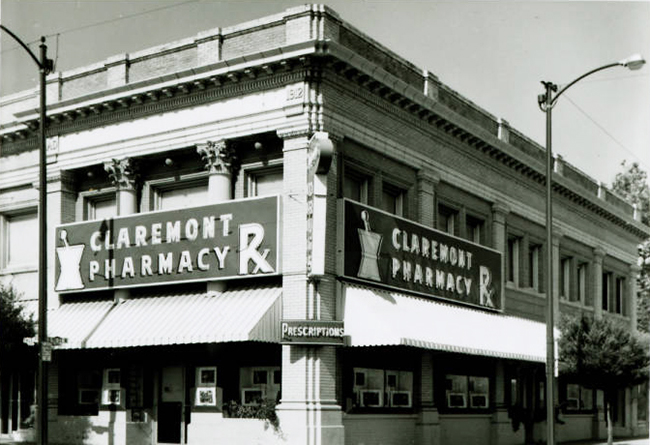
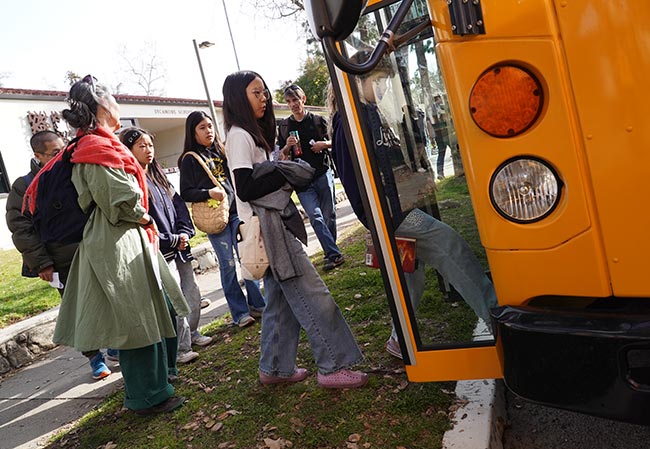
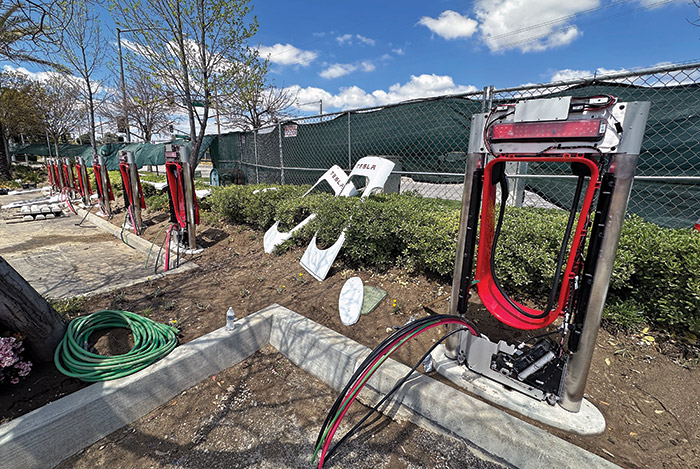
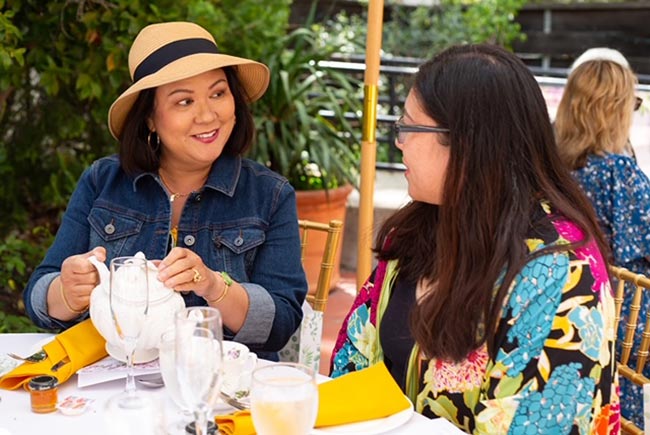
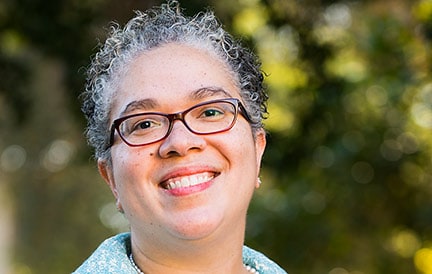
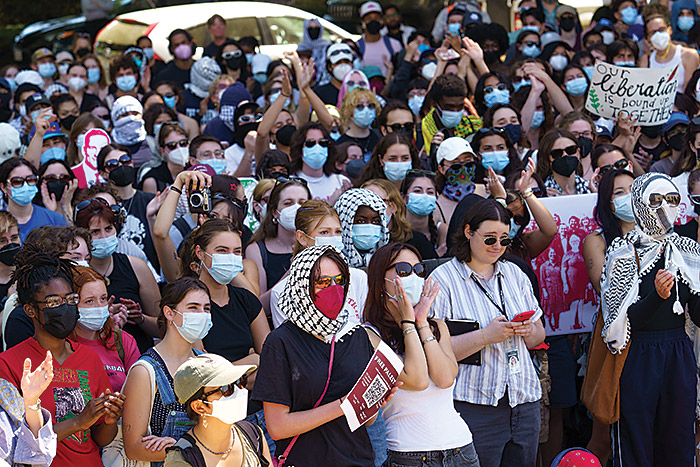

0 Comments